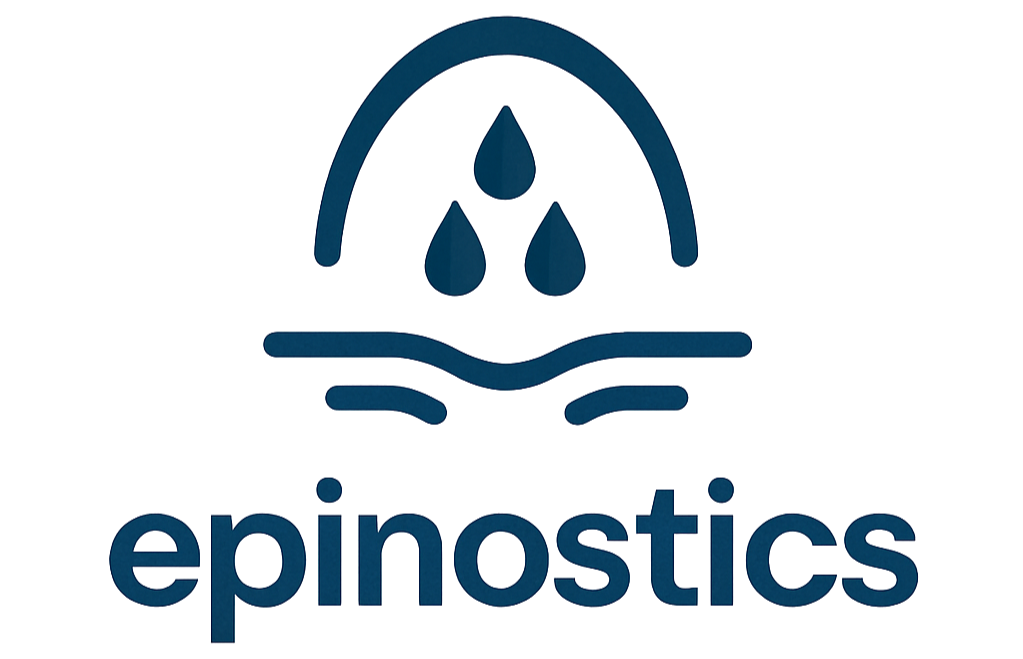Our Team
Board Chairman
Eric Broyles is a serial entrepreneur and investor who has had multiple exits from companies he founded or helped to manage. Eric began his career as a corporate attorney and transitioned to entrepreneurship after 10 years of practicing law. Eric is the Founder & CEO of Nanocan Therapeutics Corporation. Nanocan has the worldwide exclusive rights from Harvard’s Dana Farber Cancer Institute to a patented nanoparticle-based oncology therapeutic that has demonstrated breakthrough results in both pre-clinical and animal studies for treating certain cancers, including pancreatic, prostate, breast, cervical, lung cancers and potentially glioblastoma. Eric Co-founded another innovative biotech firm, Reversal Therapeutics, Inc. Reversal is working on commercializing a sequestration molecule capable of removing harmful substances from the human body. Eric led a team through his company Vitamax Patch Wholesaler, LLC that has commercialized the first ever transdermal patch with proven delivery of Vitamin D through the skin based upon successful clinical trial results.
Eric began his career as an attorney with Skadden, Arps, Slate, Meagher & Flom. He then became corporate counsel for AOL and AOL Time Warner where he served as Senior Counsel. He served as a judicial law clerk on the United States Court of Appeals for the Eleventh Circuit for the Honorable Chief Judge Joseph W. Hatchett. Eric is a graduate of the University of Virginia School of Law where he served as Business Editor of the Virginia Journal of Law & Politics and is a summa cum laude graduate of the University of Cincinnati where he double majored in Marketing and Management and was Valedictorian of his graduating class.
Chief Scientific Officer
Professor Jones is Chair in Pharmaceutical Medicine at the Institute of Pharmaceutical Science, King’s College London, and brings deep R&D expertise spanning academia and industry. He began his career at Pfizer in Sandwich, Kent, before completing a PhD at King’s College London. He subsequently served as Head of Research and Development at MedPharm Ltd, where he led the in-house technology development, before returning to academia to focus on pharmaceutical innovation.
Professor Jones leads the Pharmaceutical Dermatology Group at King’s, a research team dedicated to designing advanced pharmaceutical formulations and medical devices that overcome the skin barrier for both molecule delivery and biomarker extraction. His work underpins several cutting-edge technologies, including the MedSpray technology, several skin heating devices, a new approach to treat onychomycosis, the world’s first non-UV means to generate vitamin D in the skin and the non-invasive skin permeabilisation device that can be used to administer compounds into the skin and extract biomarkers from it, being commercialised by Epinostics. He directs the Centre for Pharmaceutical Development Research, which has over 120 members of academic and industrial staff and a strong track record of industry collaboration. His research has attracted over £12 million in competitive grant funding, resulting in more than 100 peer-reviewed publications and leading to 14 granted patents. He has successfully supervised over 40 PhD students and continues to serve as a valued consultant to the pharmaceutical industry and an expert witness in intellectual property litigation.
Chief Technology Officer
Dr. Mohamed A. Alhnan is a Reader in Pharmaceutical Medicine at King’s College London and a leading innovator at the intersection of pharmaceutical science, material engineering, and digital manufacturing. Since joining King’s in 2018, he has advanced a research portfolio that pioneers the use of 3D printing and smart manufacturing technologies to transform drug delivery and formulation design. A registered UK pharmacist since 2011, Dr. Alhnan completed his PhD at the London School of Pharmacy (now UCL School of Pharmacy), focusing on site-specific oral drug delivery. His early career included industry collaborations and academic posts at the University of Central Lancashire, where he was appointed Senior Lecturer.
Dr. Alhnan’s research is driving the digitalisation and personalisation of medicine. His work has achieved multiple scientific and technological firsts, including the use of pharmaceutical-grade polymers in fused deposition modelling (FDM) 3D printing, the creation of the first 3D-printed tablets meeting US and British Pharmacopoeial standards for delayed-release formulations, and the development of the first 3D-printed liquid capsules. He also patented an innovative tablet architecture designed for rapid disintegration and improved dissolution, advancing the performance of oral delivery systems. Dr. Alhnan actively collaborates with industry and clinical partners to commercialise 3D-printed dosage forms and is working with two global pharmaceutical manufacturers to scale up next-generation coating technologies for nutraceutical products.
Clinical Director
Dr. Karl Lawrence is a Research Fellow at the Institute of Pharmaceutical Science, King’s College London, specialising in non-invasive diagnostics and dermatological device innovation.
His work has focused on the development and clinical validation of Epinostics’ patented biomarker extraction device, managing several clinical validation studies. Dr. Lawrence completed his BASF-funded PhD at King’s College London within St. John’s Institute of Dermatology, where he investigated the effects of UV and visible light on the skin and developed novel photoprotection strategies. alisation, and public engagement.
Following his PhD, Dr. Lawrence held a postdoctoral position at Queen Mary University of London in the Cell Biology and Cutaneous Research department, where he contributed to the development and biological validation of a next-generation ex vivo skin tissue culture platform. This work led to the creation of a QMUL spin-out company, where he served as Chief Scientific Officer. In this role, he led the development of advanced toxicology testing platforms for dermal absorption, irritation, and corrosion, and worked with industry partners to support new product development.
His research has generated four patents in dermatology-related technologies and over 20 peer-reviewed publications. He acts consultant to industry and regularly contributes to science communication pieces for the general public, bridging the gap between research, commercialisation, and public engagement.





